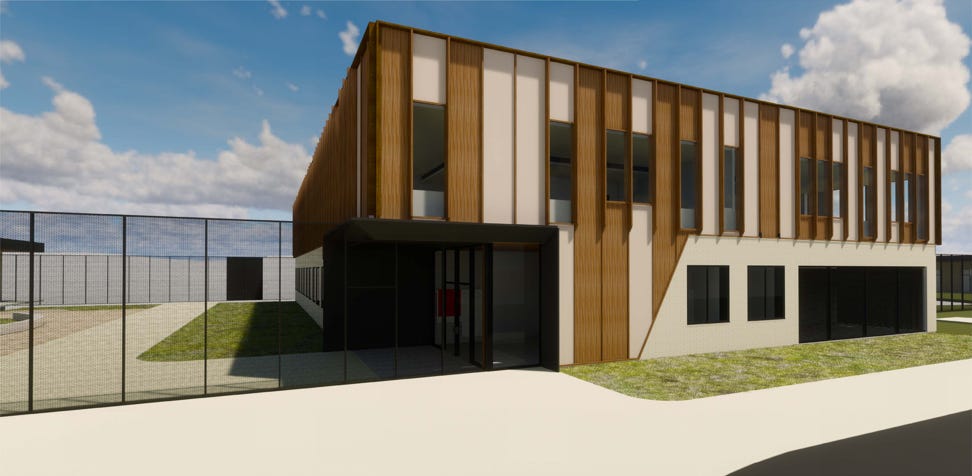‘There’s no votes in children’
Tough on crime policies need to be rejected in favour of early intervention and a health-based approach to youth justice.
The reason that some Australian politicians are not acting to reform youth justice in Australia, despite numerous examples of human rights abuses and evidence that other policies work, is because there are “no votes in children”.
That’s what National Children’s Commissioner Anne Hollonds revealed she has been told by some members of Parliament when campaigning for a more evidence-based approach to young people and the criminal justice system.
In a recent address to the National Press Club, Hollonds said that governments around the country are failing to act despite a series of tragic events in youth prisons.
“The truth is, while we may all be shocked in the moment when there’s a tragedy reported in the media - and there’s just about every week - these serious failures and systemic neglect of children do not seem to affect a party’s political fortunes at elections,” Hollonds said.
“Despite the economic costs, and the questionable morality of strategies contrary to the evidence, when I ask about lack of progress on reform, I’m told by some members of Parliament there’s no votes in children.”
These youth prisons are the places where the “most egregious breaches of the human rights of children are happening”, Hollonds said.
“What was most chilling for me was to meet children who had no-one, who were completely alone, who spoke of feeling shut out and shunned by society,” she said.
“These children were unable to tell me about any hopes or dreams or plans for the future. All they could see in their future was more of the same but in adult prison.”
These incarcerated children had little access to training or education and “no-one to help them”.
“The light had gone out of their eyes,” Hollonds said.
“There is currently no-one held responsible…when the conditions in detention are breaching international human rights conventions. It’s getting worse, not better, and it has to stop.”
There has been little appetite around Australia for any positive reforms around youth justice and incarceration.
Instead, the Northern Territory is planning to lower the age of criminal responsibility to 10, and the Victorian government has recently walked back its plan to raise the age of criminal responsibility to 14 in the coming years.
The Queensland government also recently removed a clause requiring detention be a “last resort” for children from its Charter of Youth Justice Principles.
On an average night in the June quarter of 2023, there were 812 children in custody in Australia, according to the Australian Institute of Health and Welfare.
First Nations children are significantly disproportionately represented in these numbers, accounting for just under 60 percent of all children in custody.
And three-quarters of the children in prison in Australia are being held on remand and yet to be sentenced.



